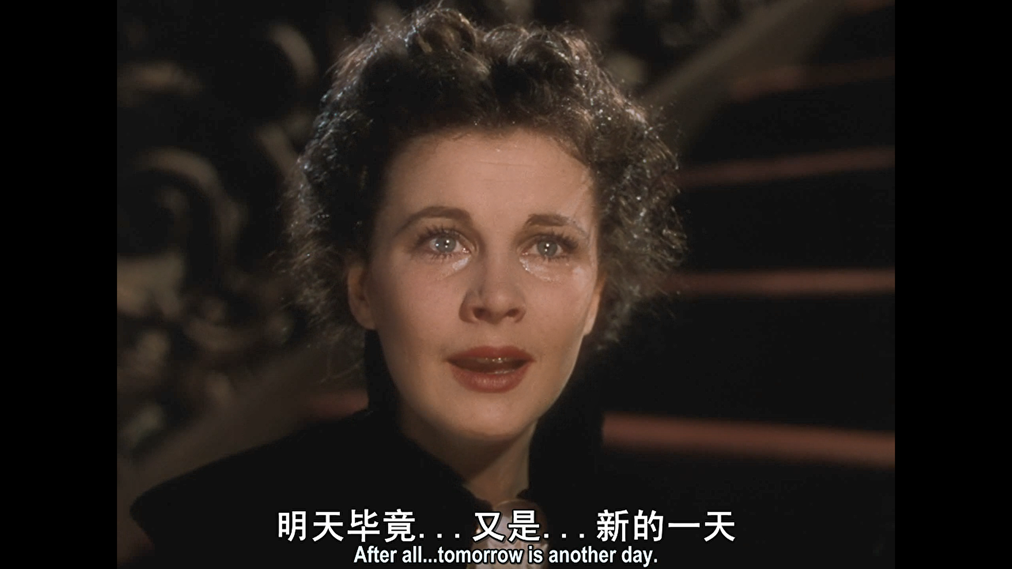每日外闻11
It’s not what you know, it’s what you can accomplish.
In the early days of Microsoft, I felt pretty confident about my coding skills, but I had a lot to learn about project management. Andy Grove, A precise (精明的), hard-driving (进取心十足的) guy, who used to employed by Intel to help me improve my management skills. I studied several of the business books he wrote early on, and Microsoft adopted some of the methods that Intel used. I consider Andy one of the great business leaders of the 20th century.
Andy’s ideas are a basis for the management system called OKRs (Objectives and Key Results) developed by John Doerr, a venture capitalist and a frequent business partner of mine. In his new book, Measure What Matters: How Google, Bono, and the Gates Foundation Rock the World With OKRs, John explains how OKRs work and shows how you can apply them in all sorts of situations (各种各样的情况).
I’d recommend John’s book for anyone interested in becoming a better manager. In the excerpt (摘录) below, John tells the inside story of how Andy inspired the idea of OKRs.
Excerpt from Measure What Matters
By John Doerr
In the space of an hour, Grove traced the company’s history, year by year. He summarized Intel’s core pursuits: a profit margin twice the industry norm, market leadership in any product line it entered, the creation of “challenging jobs” and “growth opportunities” for employees. Fair enough, I thought, though I’d heard similar things at business school.
Then he said something that left a lasting impression on me (他说的一些话给我留下了深刻持久的印象). He referenced his previous company, Fairchild, where he went on to blaze a trail (开辟道路,开创先河) in silicon wafer (硅片) research. Fairchild was the industry’s gold standard, but it had one great flaw: a lack of “achievement orientation (成就向导).”
“Expertise was very much valued there,” Andy explained. “That is why people got hired. That’s why people got promoted. Their effectiveness at translating that knowledge into actual results was kind of shrugged off.” At Intel, he went on, “we tend to be exactly the opposite. It almost doesn’t matter what you know. It’s what you can do with whatever you know or can acquire and actually accomplish [that] tends to be valued here.” Hence the company’s slogan: “Intel delivers (交付,递交).”
It almost doesn’t matter what you know… To claim that knowledge was secondary and execution all-important (至关重要)—well, I wouldn’t learn that at Harvard. I found the proposition thrilling (我发现这个提议是令人兴奋的), a real-world affirmation (肯定,断言) of accomplishment (成就) over credentials (证书). But Grove wasn’t finished, and he had saved (保存) the best for last. Over a few closing minutes, he outlined (概述,提纲) a system he’d begun to install in 1971, when Intel was three years old. It was my first exposure to the art of formal goal setting. I was mesmerized. (这是我第一次接触正式的目标设定艺术。我被迷住了。)
Now, the two key phrases (短语,词组)…are objectives and the key result. And they match the two purposes. The objective is the direction: “We want to dominate the mid-range microcomputer component business.” That’s an objective. That’s where we’re going to go. Key results for this quarter (季度): “Win ten new designs for the 8085” is one key result. It’s a milestone. The two are not the same…
The key result has to be measurable. But at the end you can look, and without any arguments: Did I do that or did I not do it? Yes? No? Simple. No judgments in it.
关键结果必须是可衡量的,最后根据有没有取得关键成果,答案只有是或者不是,没有任何可以争论的地方。
Now, did we dominate the mid-range microcomputer business? That’s for us to argue in the years to come, but over the next quarter we’ll know whether we’ve won ten new designs or not.
It was a “very, very simple system,” Grove said, knowing simplicity was catnip to an audience of engineers. On its face (表面上), the conception seemed logical, commonsensical (有基本常识的)—and inspiring (鼓舞人心的,启发的). Against the stale (陈旧的) management orthodoxy (正统) of the period, Grove had created something fresh and original (创新的,新颖的). Strictly speaking (严格来说), however, his “objectives and key results” did not spring (生长,涌出) from the void (并非源于虚无). The process had a precursor. In finding his way, Grove had followed the trail of (跟着,向…学习)a legendary (传奇人物), Vienna-born gadfly, the first great “modern” business management thinker: Peter Drucker (彼得.德鲁克).
shrugged off: 不以为然,忽略
Over a few closing minutes: 在短短的几分钟内
That’s where we’re going to go: 那就是我们要去的地方
个人管理与管理他人(包含公司的管理):
-
相较于知道,能做到更加的重要;
-
以成就为向导;
-
管理的两个关键词:
目标和关键结果 -
设立目标:
目标就是方向,就是我们要去往的地方(最后这个问题的答案会存在争论); -
预期的关键结果:
关键结果必须是可衡量的,最后根据有没有取得关键成果,答案只有是或者不是,没有任何可以争论的地方。
See you tommorow












